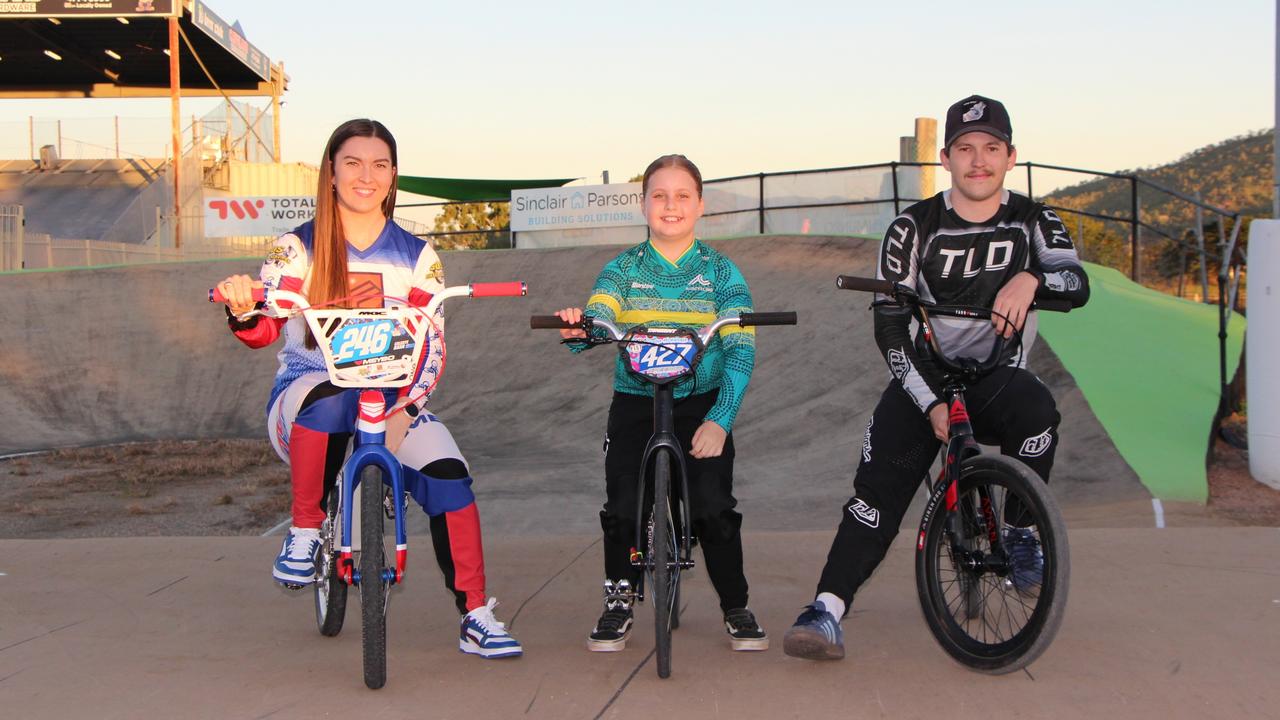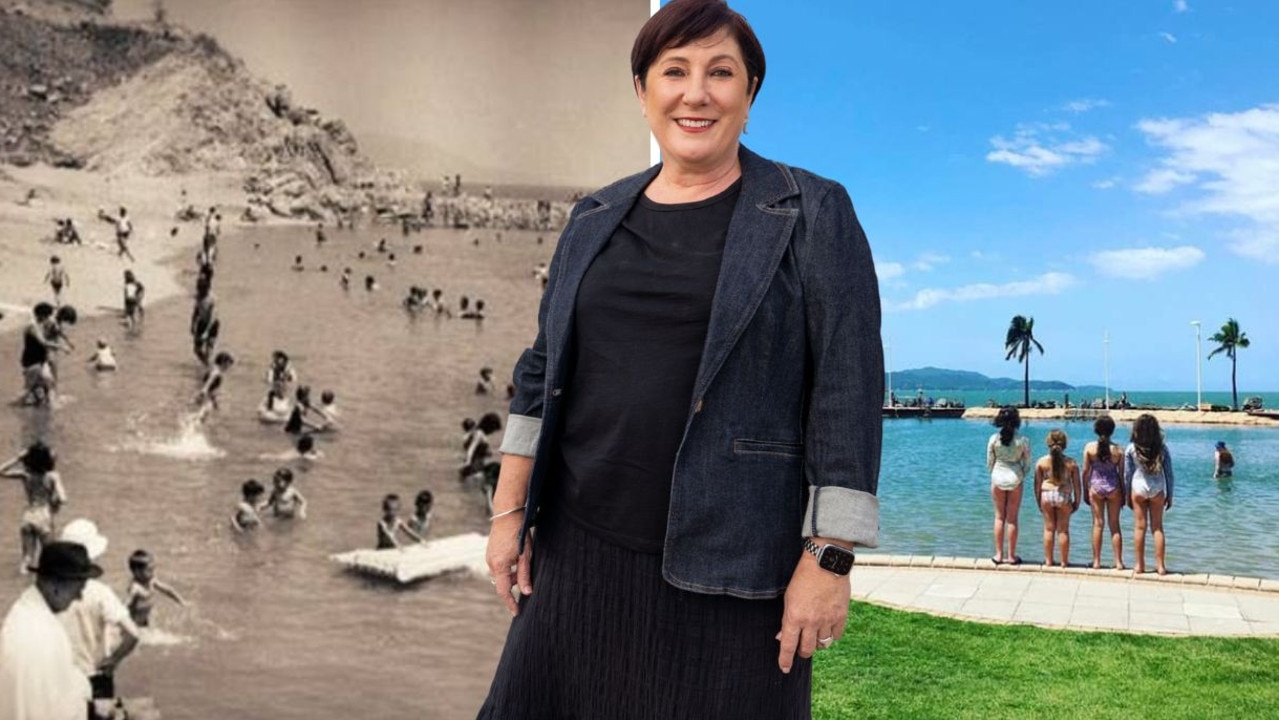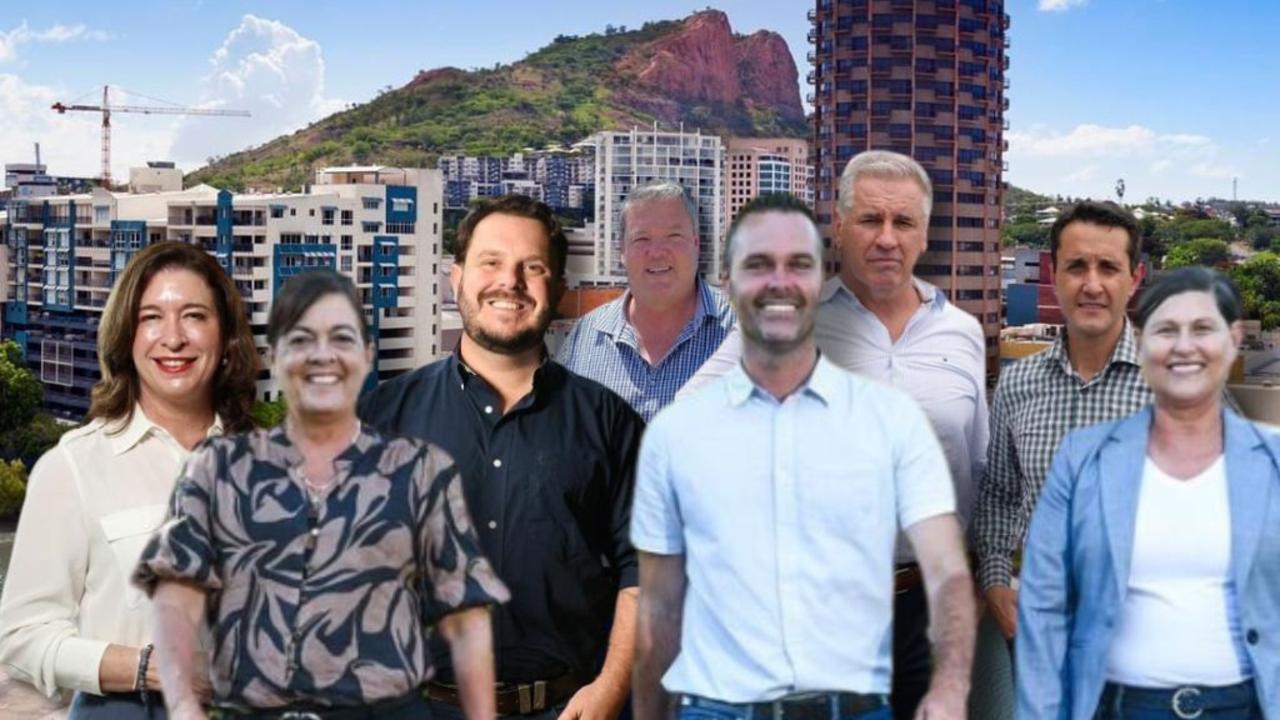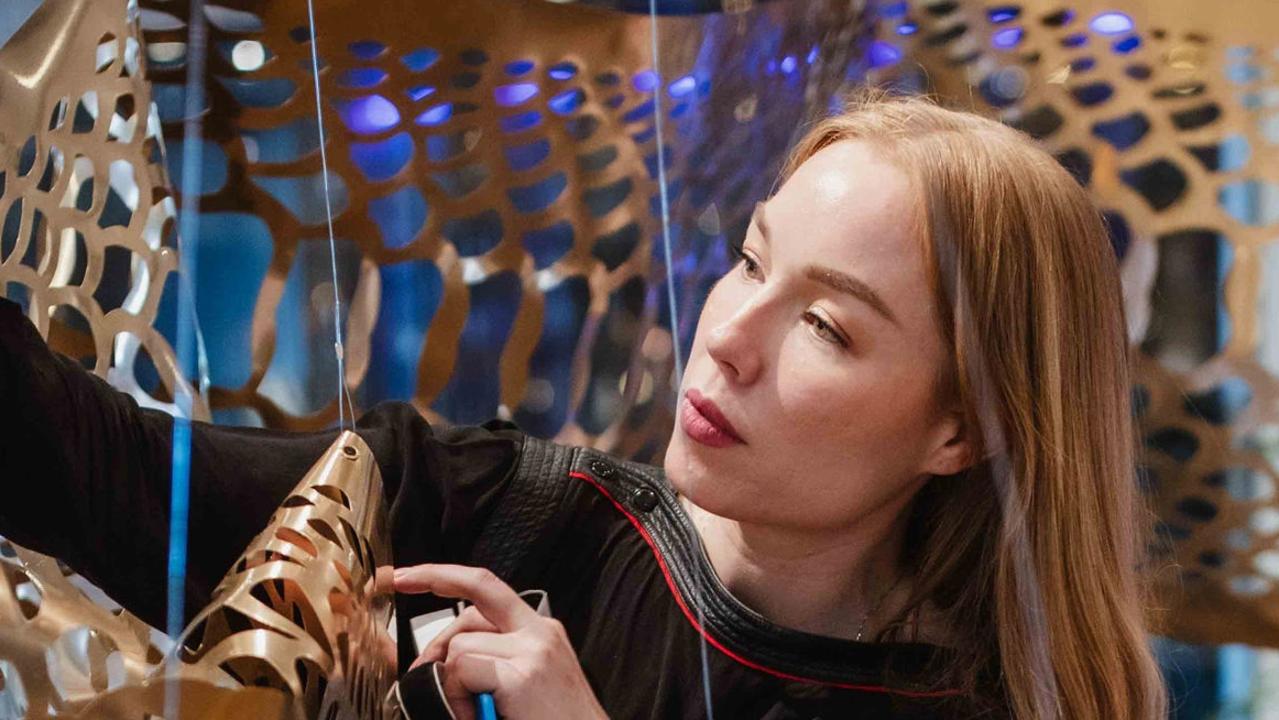Scientists innovate to save coral reefs
Prominent marine scientists are leading global coral conservation with pioneering research, community initiatives, and innovative restoration efforts to protect marine ecosystems.
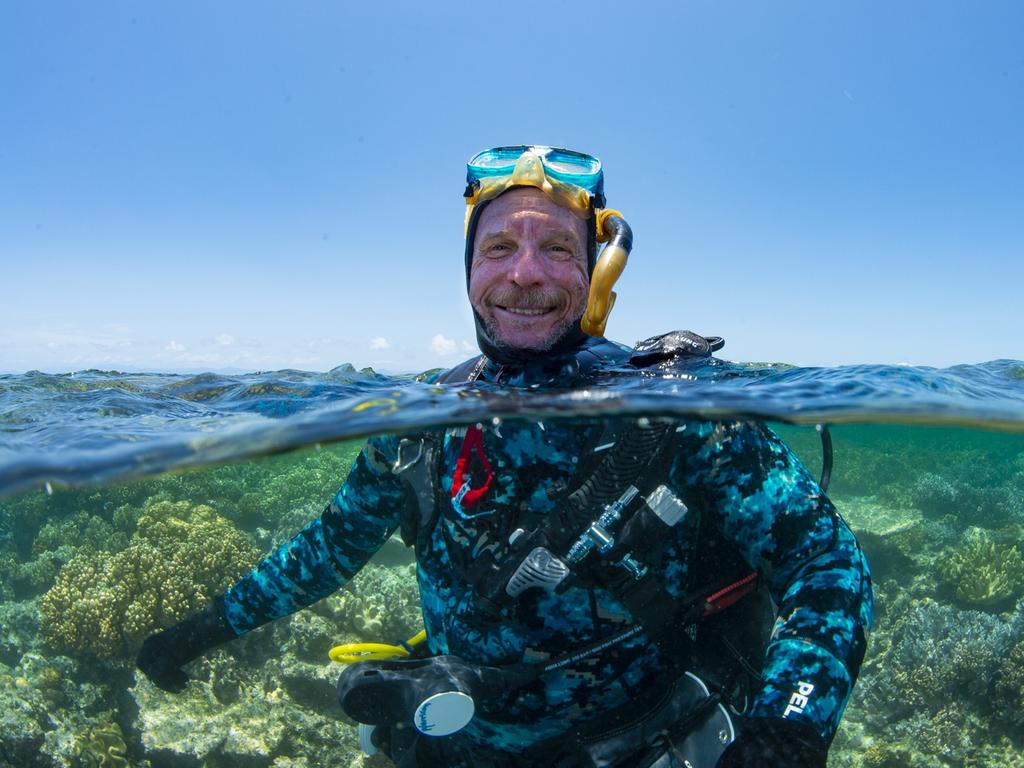
Townsville
Don't miss out on the headlines from Townsville. Followed categories will be added to My News.
As World Oceans Day unfolds, Townsville comes alive with vibrant activities celebrating its deep connection to the Great Barrier Reef and its commitment to marine conservation.
This year’s events bring together three distinguished scientists who are at the forefront of reef preservation, combining their expertise in art, science, and community engagement to galvanise public participation.
Jacinta Jefferies’ journey into marine conservation began with a transformative experience at Ningaloo Reef, where, as a child, she first swam alongside manta rays and vibrant corals.
This encounter ignited a lifelong passion for the ocean, guiding her career path and leading her to Townsville, where she now serves as the Executive Officer at the Museum of Underwater Art (MOUA).
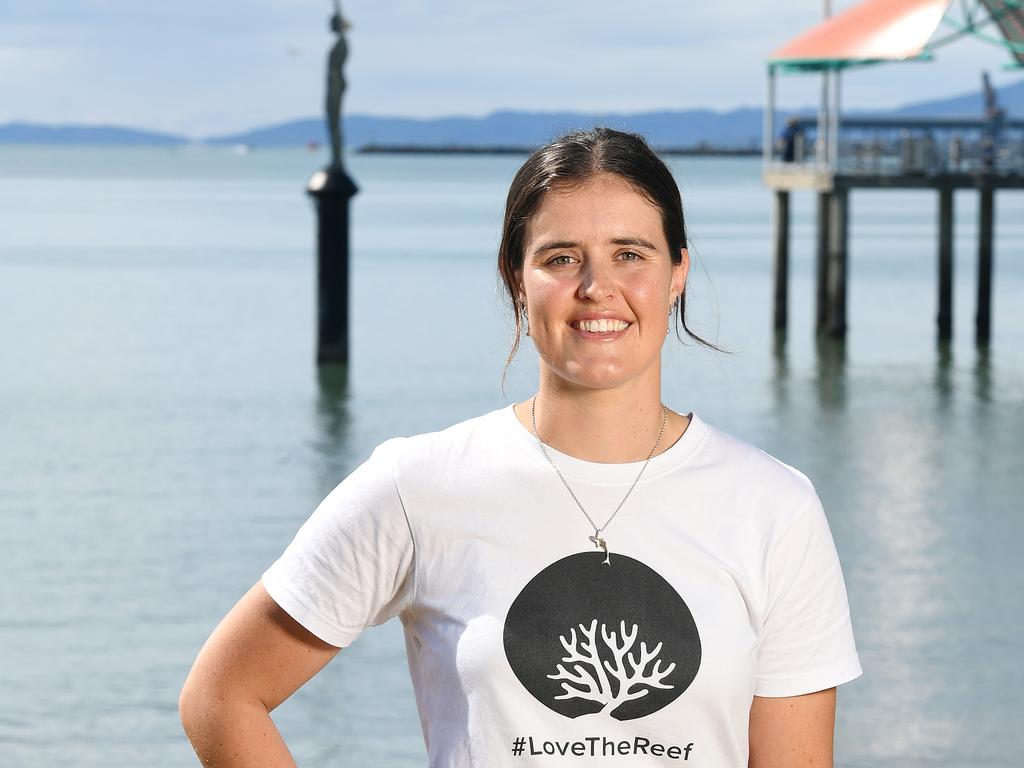
Jacinta’s personal connection to the reef fuels her dedication to raising awareness about marine conservation.
She believes that firsthand experiences are vital in cultivating a deep appreciation for marine ecosystems.
“I would like to continue to encourage people to get involved and see the Reef for themselves, develop a connection and start the conversations, as the more people talk about the Reef and challenges it is facing the more chance we have at implementing action.”
Through her role at MOUA and her work through Reef Ecologic, Jacinta integrates art and science to inspire others to protect the ocean she loves.
Jacinta is sharing her fascination with the Great Barrier Reef ahead of World Ocean Day, on June 8.
“The most unique opportunity Townsville offers for engaging the community is through Reefblitz and World Ocean Day,” Jacinta told NQ Weekend. “Reefblitz and bioblitz events are done all over Australia however, Townsville is a hub for Reefblitz as we have the Great Barrier Reef on our doorstep, we are home to AIMS, GBRMPA, JCU and other important marine organisations so we offer the opportunity to connect with the experts and get involved in marine conservation initiatives.
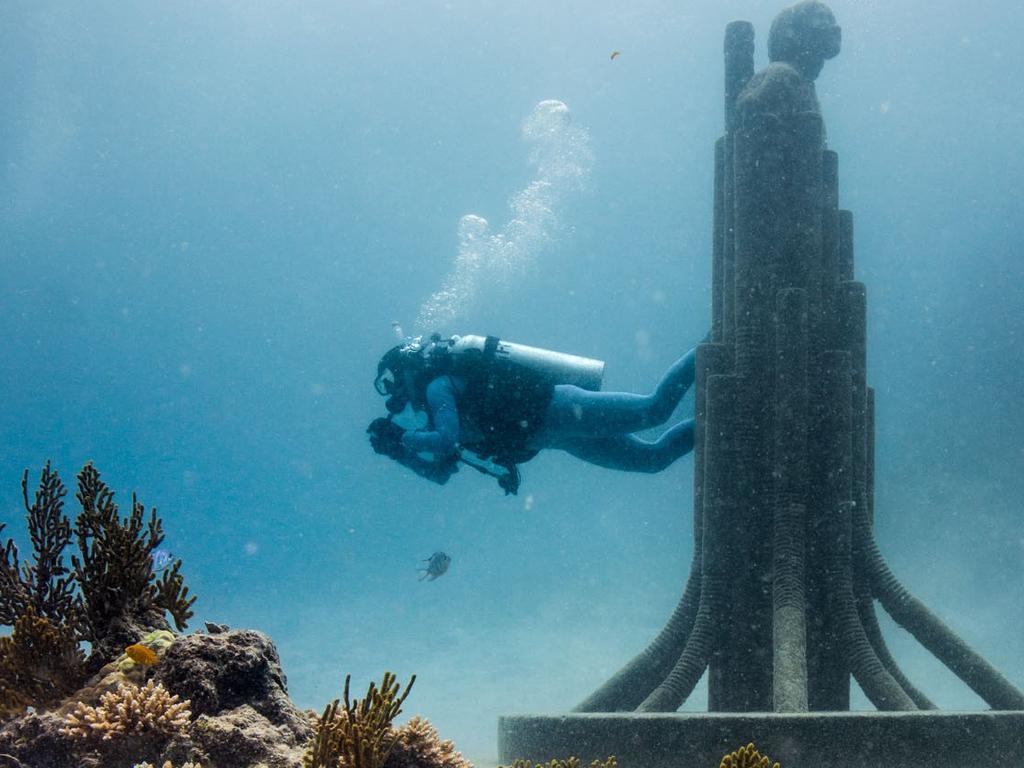
Jacinta said World Ocean Day in Townsville was getting bigger every year.
“This is a great event which the Museum of Underwater Art hosts annually with the opportunity to visit John Brewer Reef, get involved in coral restoration, snorkel Magnetic Island and meet the all important Ocean Sentinels who have played an incredibly important part in marine science and conservation over the years.”
Jacinta said Townsville’s residents could contribute to the protection of the Great Barrier Reef in many ways.
“The first thing everyone can do is calculate their carbon footprint, using an online carbon footprint calculator.
“From there you can see how you can change small things in your life such as choosing to walk or ride your bike instead of driving short distances, recycling and opting for options with minimal packaging when doing your shopping, choosing to support local food suppliers such as the local fruit and veg and butchers, remembering to bring your reusable shopping bags and keep cup and to choose to offset your carbon footprint when travelling.
“These are just some of the small ways everyone can help make a difference in their day-to-day lives.”

As the Museum Of Underwater Art’s executive officer, Jacinta firmly believes the power to marine conservation is through communication and collaboration.
“Through this role I have been involved in a range of tasks, activities and events which increase the public engagement with MOUA, spreading awareness of the Reef and the challenges it faces with climate change to the community and encouraging people to get involved through citizen science initiatives and to see the Reef for themselves.”
The MOUA integrates art with marine science beautifully as well as promotes awareness and conservation of underwater environments.
“MOUA consists of a series of installations which aim to spread awareness to the community, whether it be the Ocean Siren located along The Strand for everyone to see, displaying a colour correlating with the actual temperature of the ocean and serving as a warning signal to warming seas.
“Or whether it be the Coral Greenhouse surrounded and filled with coral gardeners who are involved in science and conservation. For example, one of the coral gardeners standing in the greenhouse is looking under a microscope while other gardeners are displaying sustainable practices of growing their own vegetables. The third installation is a great mix of art and science as each Ocean Sentinel represents an important marine scientist or conservationist, and the sculptures are a blend of human figures and marine elements; this symbolises the fusion of art and science.”
The impact MOUA has had on the Townsville community and visitors in terms of fostering a deeper appreciation for marine ecosystems has been significant.
``Since MOUA was first installed at John Brewer Reef in 2019, there have been over 10,000 visitors, both local community members and tourists alike.
“MOUA has provided the Townsville community with an opportunity to not only get out on the water and see and experience the Reef, but to also enjoy the underwater art and the connection it has with science and conservation.
“In my view, the more people that get out and see the Reef for themselves will help foster a deeper appreciation and connection with the ocean and marine ecosystems.
“I particularly think that the Ocean Siren located on the Strand has had the greatest impact to the Townsville community, as this is seen by thousands of people every day, connecting people to the Reef and informing them about rising ocean temperatures.”
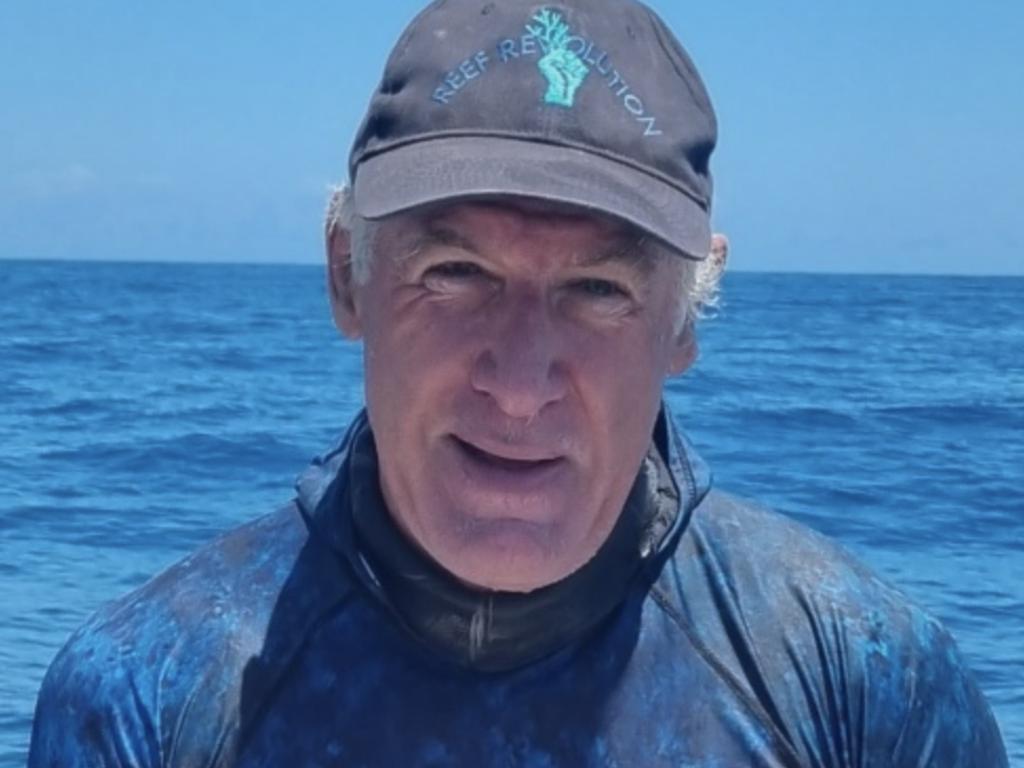
Adam Smith is CEO of Reef Ecologic and has dedicated his career to marine science, with a particular focus on coral reef research.
Growing up in Sydney, Adam’s fascination with the ocean and its inhabitants led him to pursue a career in marine science.
“The movies and books of legendary Frenchman Jacques Cousteau inspired me to follow a career in marine science.’’
His journey took him to Townsville in 1999, where he joined the Great Barrier Reef Marine Park Authority (GBRMPA) and later became the CEO of Reef Ecologic.
Adam identifies the biggest challenges facing coral reefs today as increasing water temperatures leading to coral bleaching and human apathy toward climate change.
“The biggest human challenge for coral reefs is apathy and many ordinary people do not believe there is climate change or that reefs are declining over time. Scientific research can document the changes in coral reefs over time and also investigate innovative solutions such as reef restoration.
“But science cannot solve the complex issues and it needs a co-ordinated resolve from government, science, and the community to make major changes that are sustainable.
“In my view there is an opportunity for Townsville’s marine science, government and business to be brave and forward-think and show leadership to the world on sustainable science and coral reef management.”
However, Adam emphasises that addressing these complex issues requires co-ordinated efforts from government, science, and the community.
ReefBlitz, an initiative led by Reef Ecologic, encourages citizen scientists to explore and document the reef.
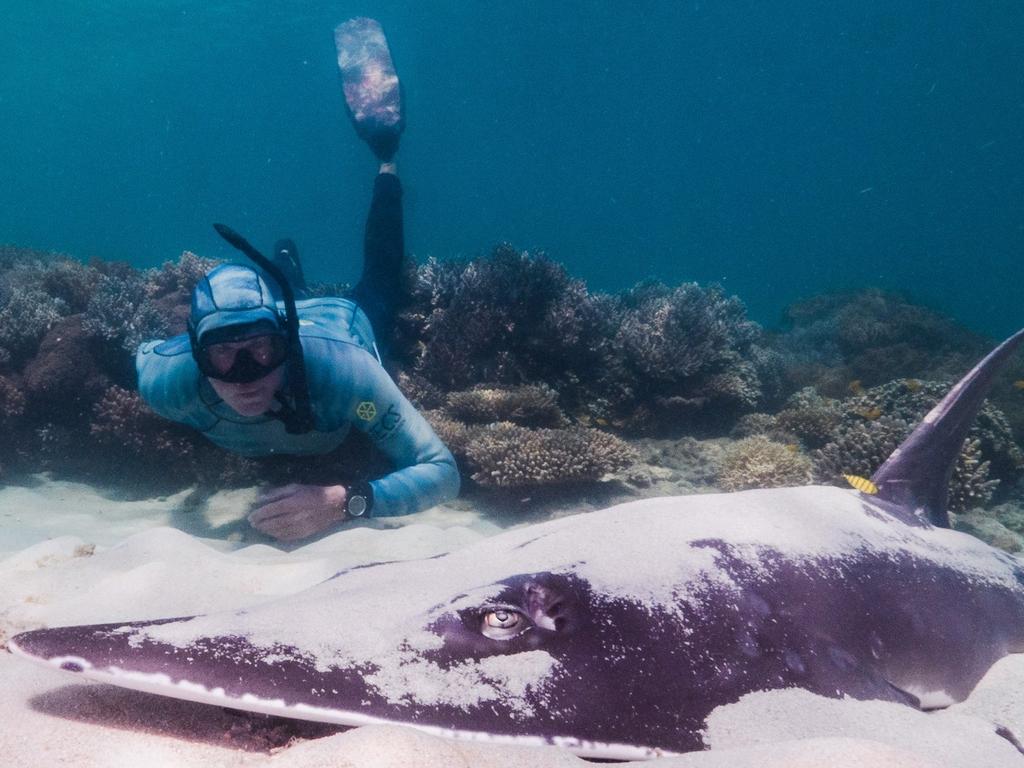
Inspired by Jacques Cousteau’s motto, “We must go and see for ourselves,” ReefBlitz aims to foster curiosity and awareness about the marine environment.
“All citizen scientists are involved and many also love what they do and advocate for protection and sustainable use.”
“We are lucky that we have abundant and diverse coral reefs so close to Townsville around Magnetic Island and shoals and then a huge diversity of mid-shelf and outer reefs. The coral reefs in the Townsville region face local and global challenges. The local impacts of coastal development, declining water quality can be managed by protected areas, plans and restoration.
“The global challenges are equally or more important and require locals to make changes to their ecological footprint. Many people are not aware that the average Aussie has an ecologic footprint of four planets based on housing, travel, food and transport and it should be one planet. Initiatives such as The Museum of Underwater Art encourage the important conversations about reefs, people, sustainability and the future.”
Adam said the Great Barrier Reef Marine Park Authority, Australian Institute of Marine Science and James Cook University were an important part of the community and were generally well supported by experts and funding.
“The Townsville community could take direct action or support local groups who were making a difference including Museum of Underwater Art, Reef Check Australia, CoralWatch, Reef Ecologic and the dive businesses who take tourists and locals to the reef.”
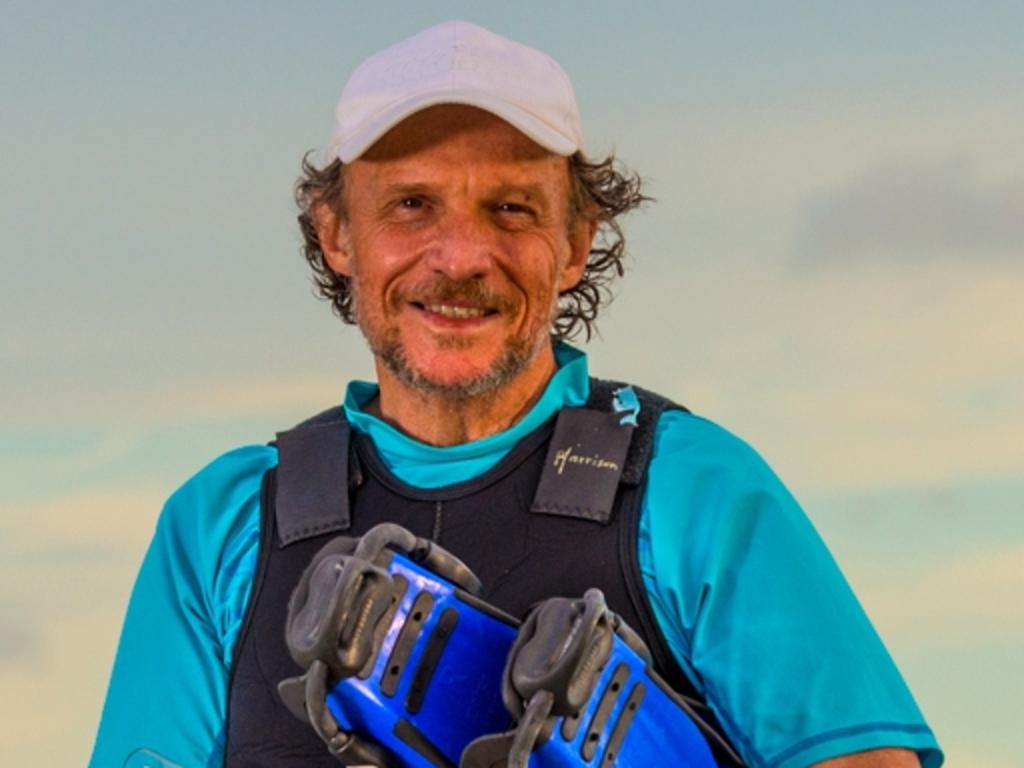
Townsville has long been known to be a pivotal hub for marine science and has long been at the forefront of global coral reef research.
This is thanks in large part to the tireless work of scientists like Professor Peter Harrison.
Peter is the Research Leader, Coral Reef and Restoration Research Team at Southern Cross University.
“My main research area initially focused on discovery science to understand when and how reef-building corals reproduce sexually on the Great Barrier Reef and the ecology of their microscopic larvae that enables coral populations and communities to recover after natural disturbances,” Peter told NQ Weekend. “Surprisingly little was known about sexual reproduction in reef-building corals up to 1980 when my marine research began.
“One of the most significant outcomes from my research was the co-discovery of the mass coral spawning phenomenon on the GBR during the first year of my PhD research in 1981 when I was working together with friends and colleagues who were also studying other types of corals for their PhDs at JCU.
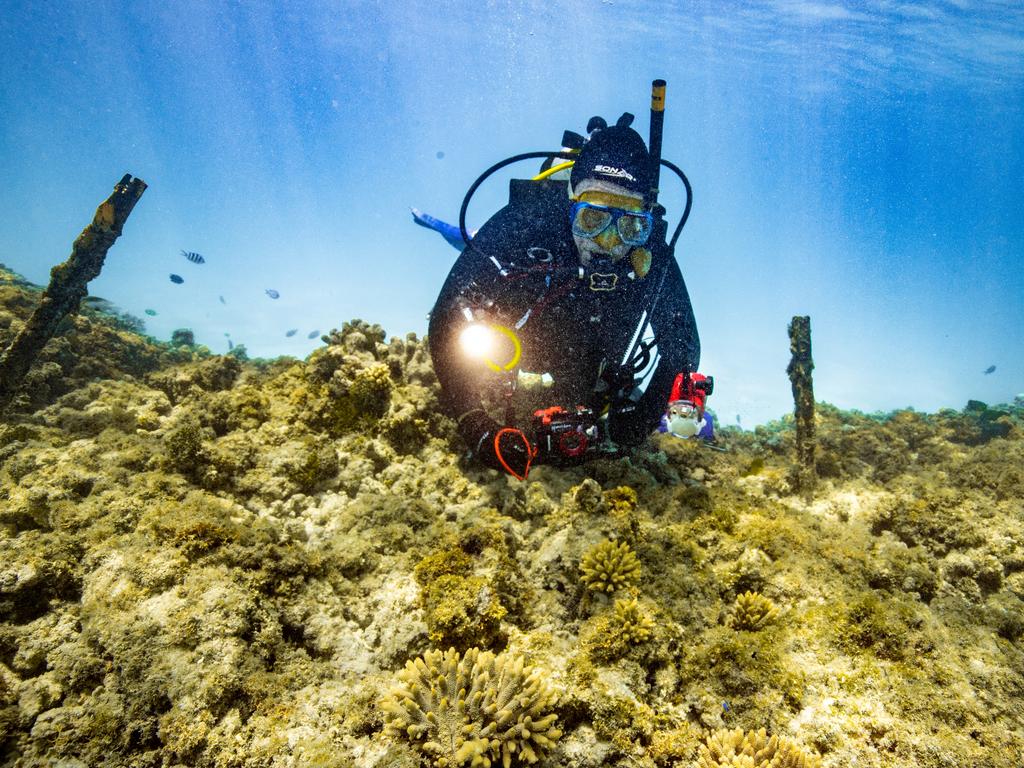
“Together we discovered that many different types of corals spawn together on just a few nights each year after full moon periods in October to December, and these synchronous mass spawning events result in the release billions of eggs and sperm into the sea that float to the sea surface to form vast coral spawn slicks that can be kilometres long and contain developing embryos of many types of corals and sometimes other reef organisms that also spawn on these nights.
“That discovery transformed our understanding of when and how reef corals sexually reproduce and led to a global renaissance in coral reproduction studies that still continues today.’’
During Peter’s research career, he said human impacts have increased in frequency and intensity resulting in increased stress and death of huge numbers of reef building corals on the GBR and in most other reef regions around the world.
“Therefore, for the past 15 years I have focused on applying my understanding of sexual reproductive patterns and larval ecology in corals to develop new methods to actively restore degraded reefs by mass production of many millions of coral larvae reared from samples of coral spawn slicks in floating reef pools that are then released for settlement on damaged reef areas.”
Collaboration remains a cornerstone of Peter’s strategy.
He stresses the importance of working alongside policymakers and the public, advocating for “long-term collaborative partnerships” as key to successful conservation.
Peter also is encouraging the community to actively engage in conservation efforts.
This weekend’s World Oceans Day events
Saturday, June 7: Reefblitz at Geoffrey Bay Join us alongside Pleasure Divers as we get involved in citizen science and hear from Prof Peter Harrison, the man who discovered coral spawning right here on Magnetic Island.Go to moua.com.au/events/reefblitz-magnetic-island-2025
Saturday, June 7: A Guardians of the Reef Seminar and Art Auction, hosted by MOUA, will take place at the Banquet Centre, Townsville Brewery Co.Go to moua.com.au/events/world-ocean-day-2025-guardians-of-the-reef
Sunday, June 8: Oceans Sentinels,MOUA board members, associates, students and the public will dive and snorkel at John Brewer Reef.To book a ticket go to adrenalindive.com.au/museum-of-underwater-art/moua-art-day-trips/#book
Originally published as Scientists innovate to save coral reefs



